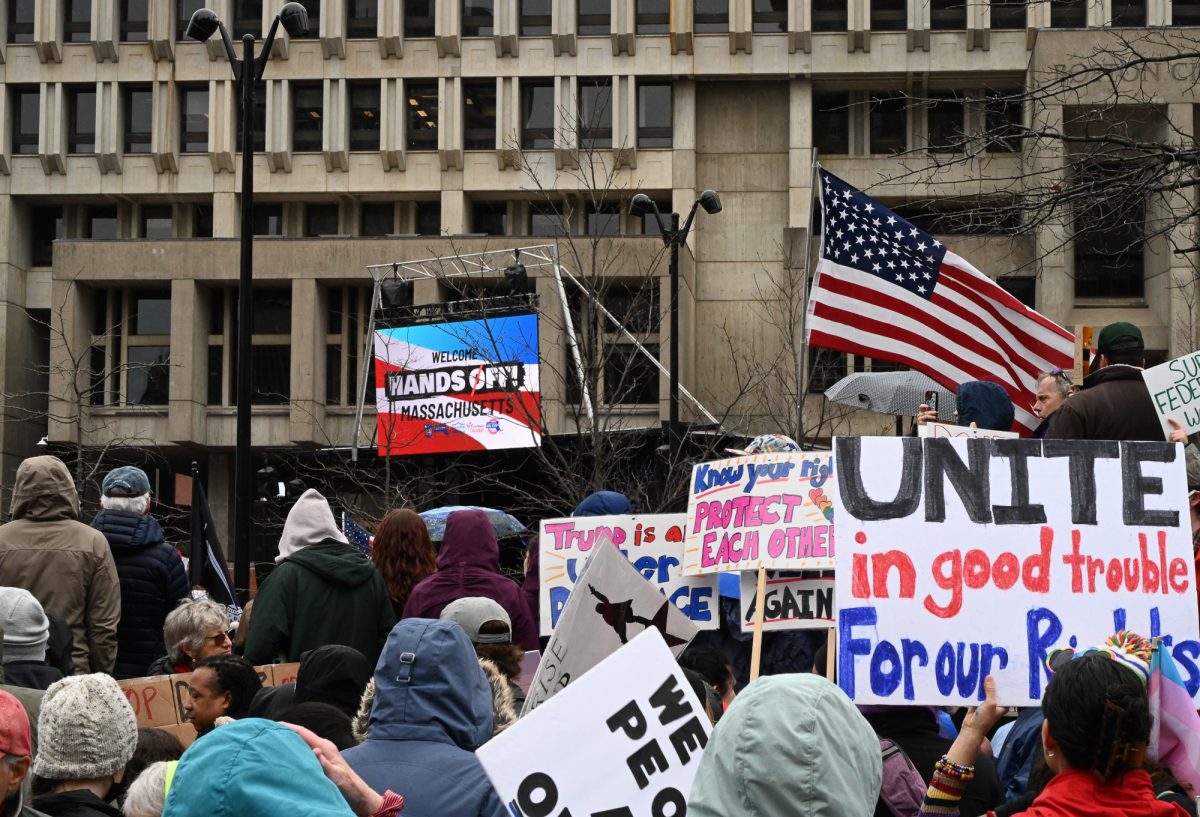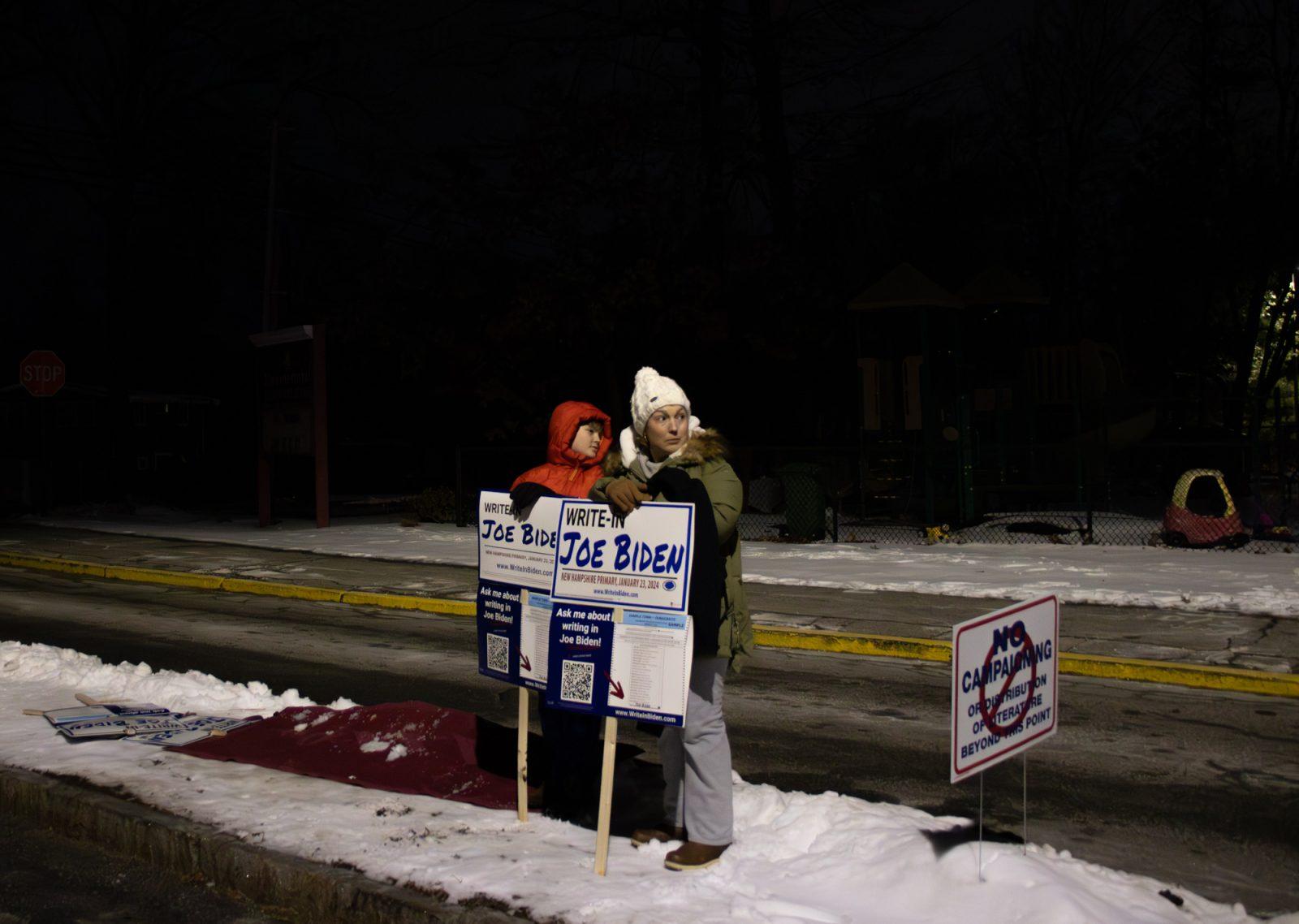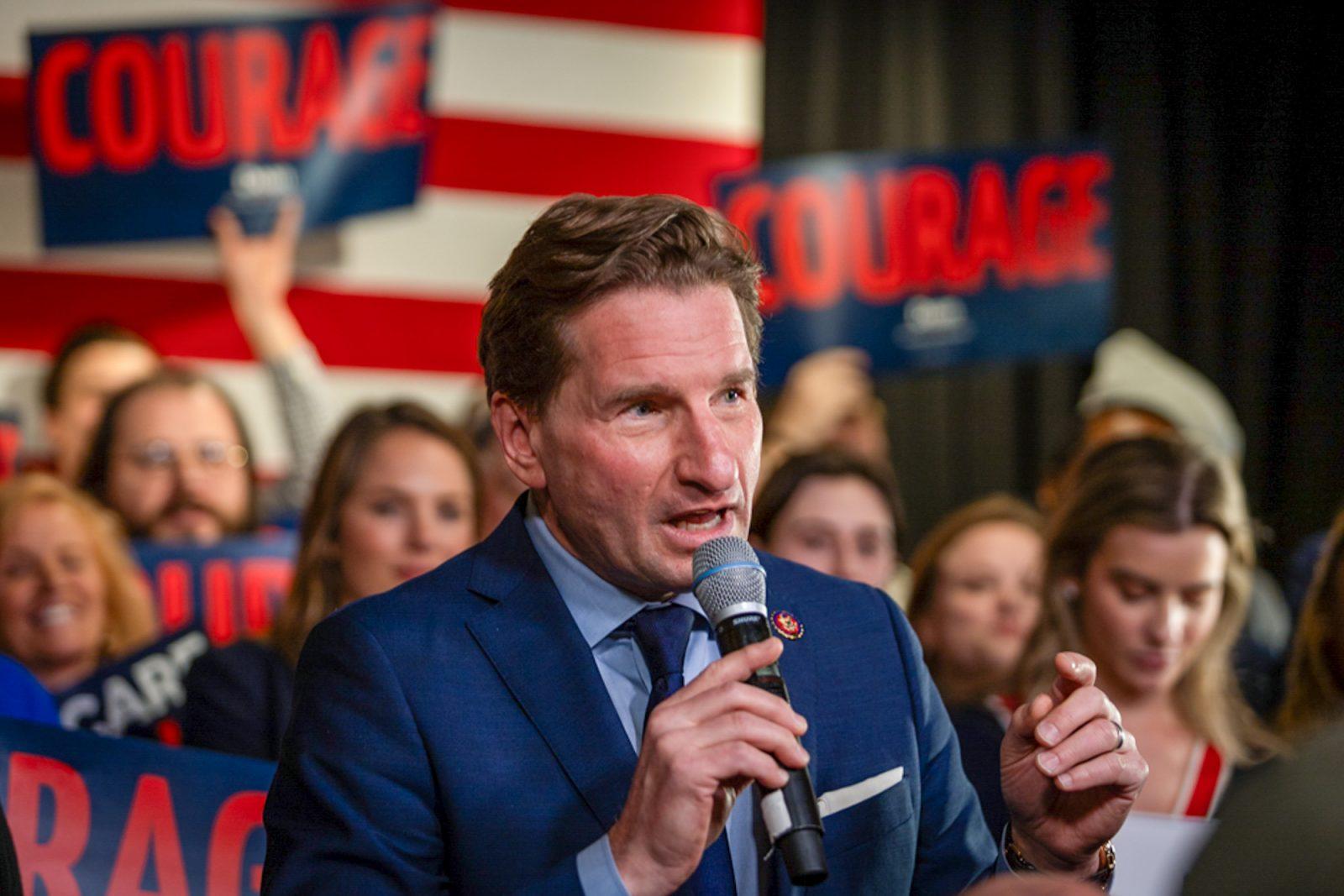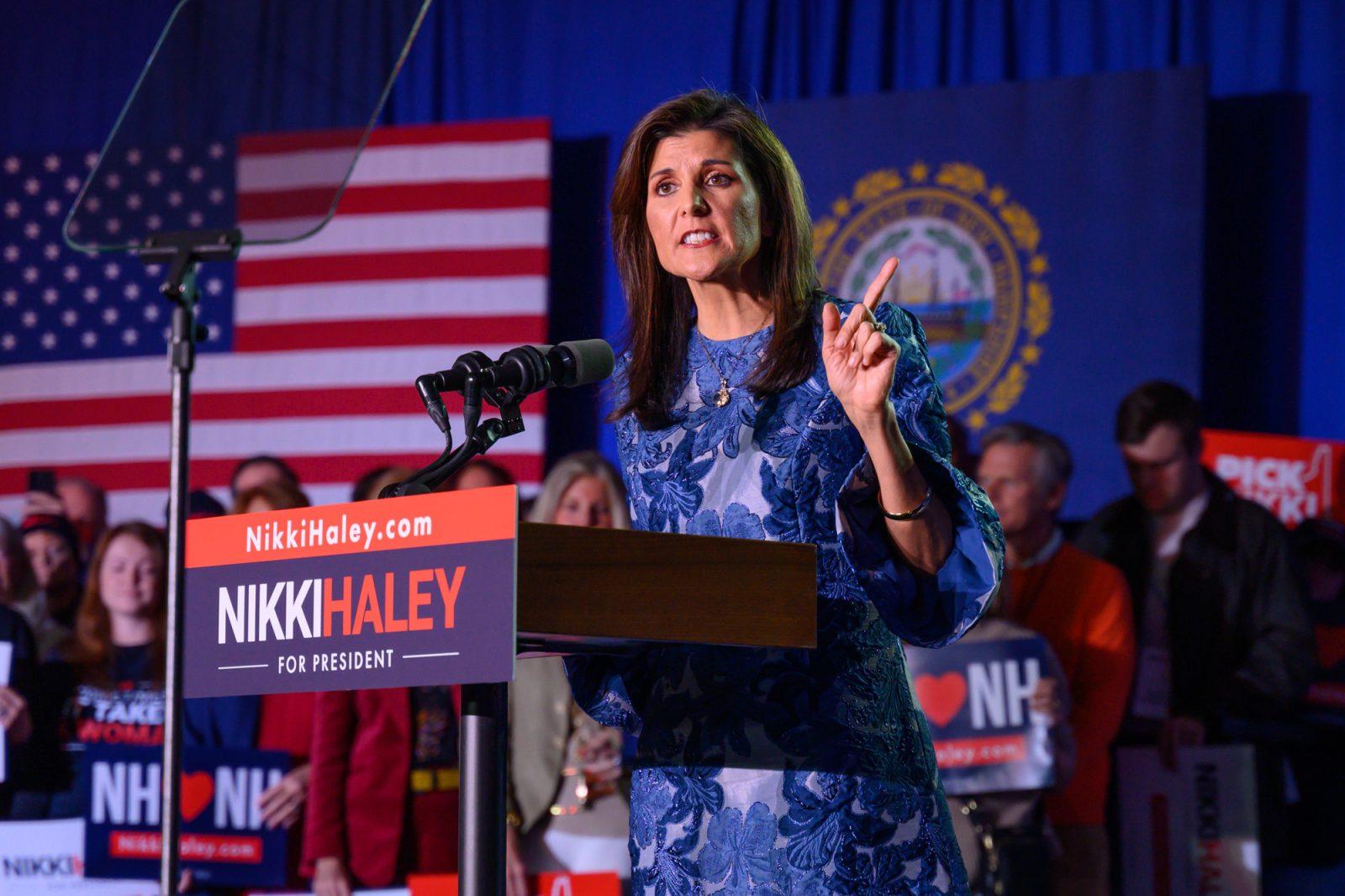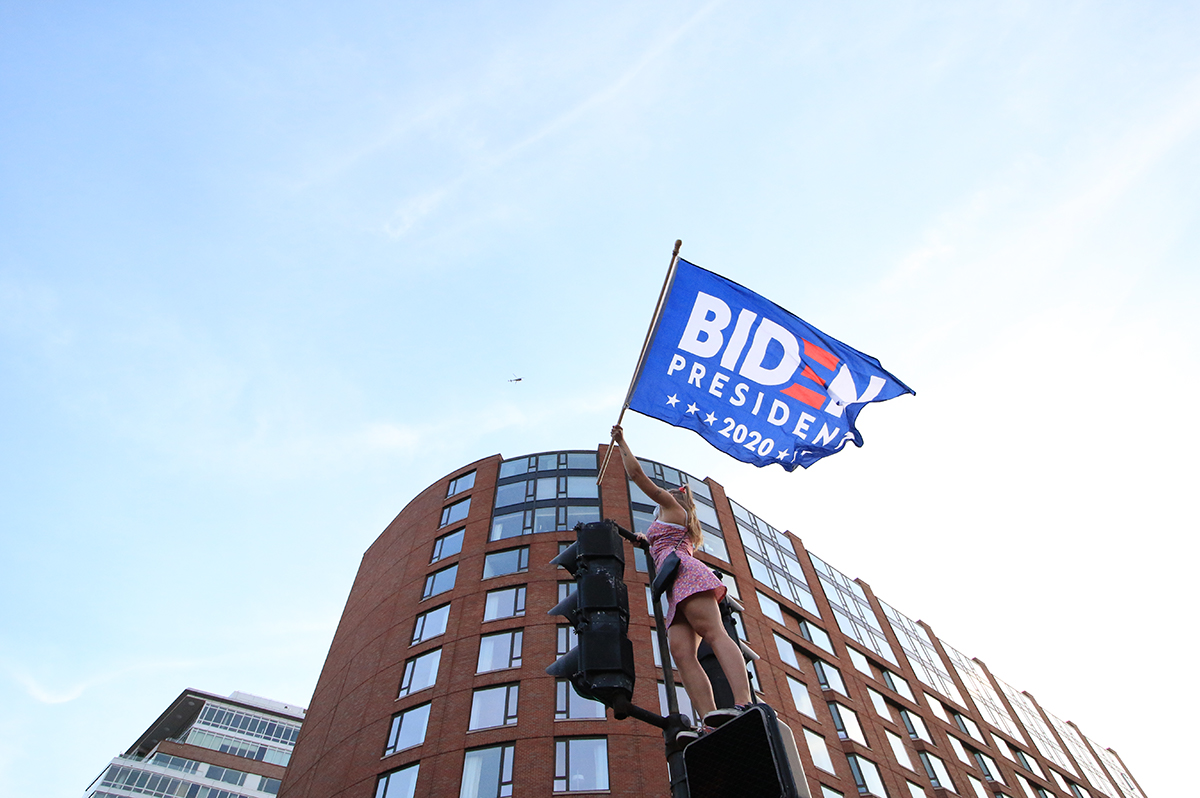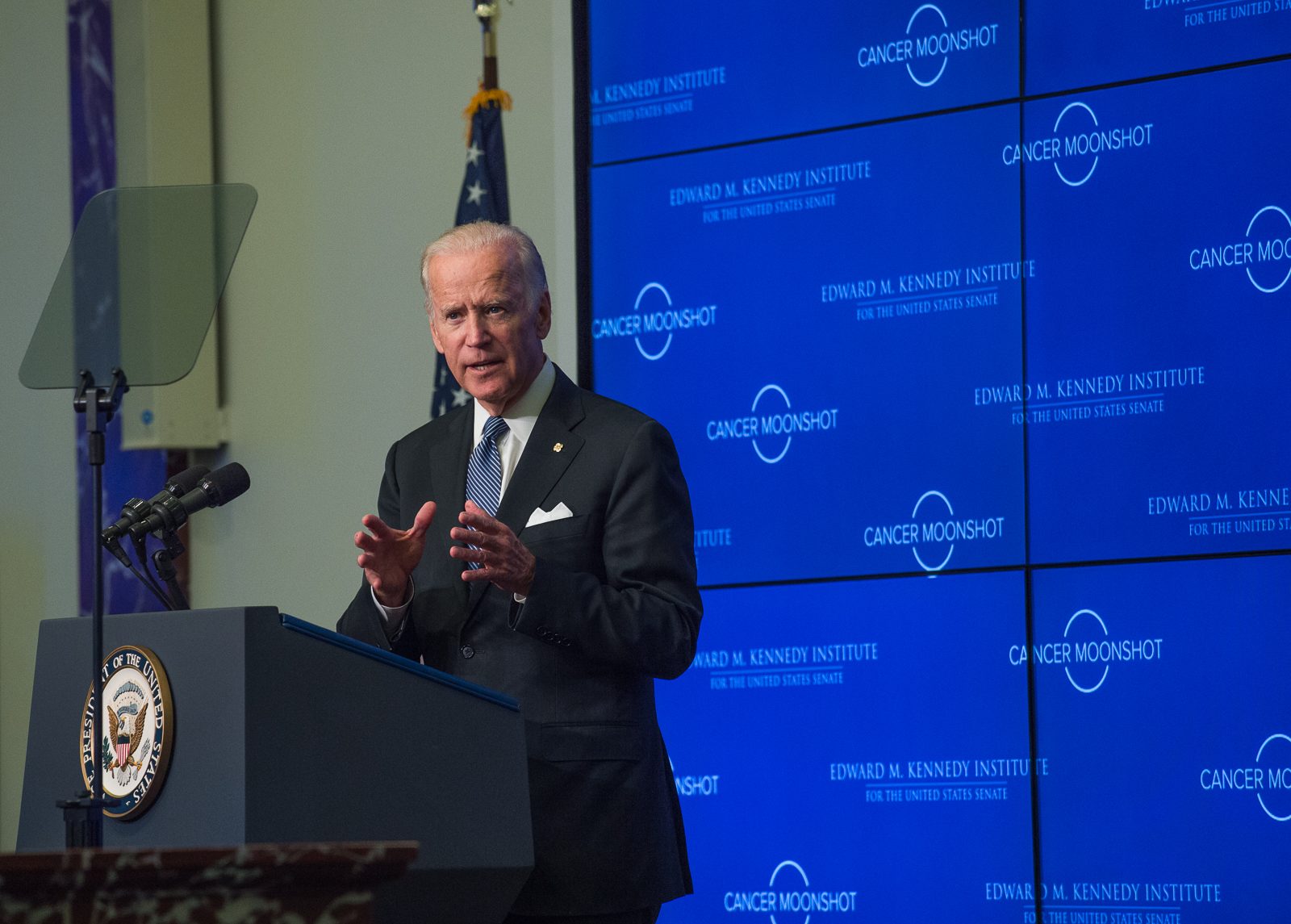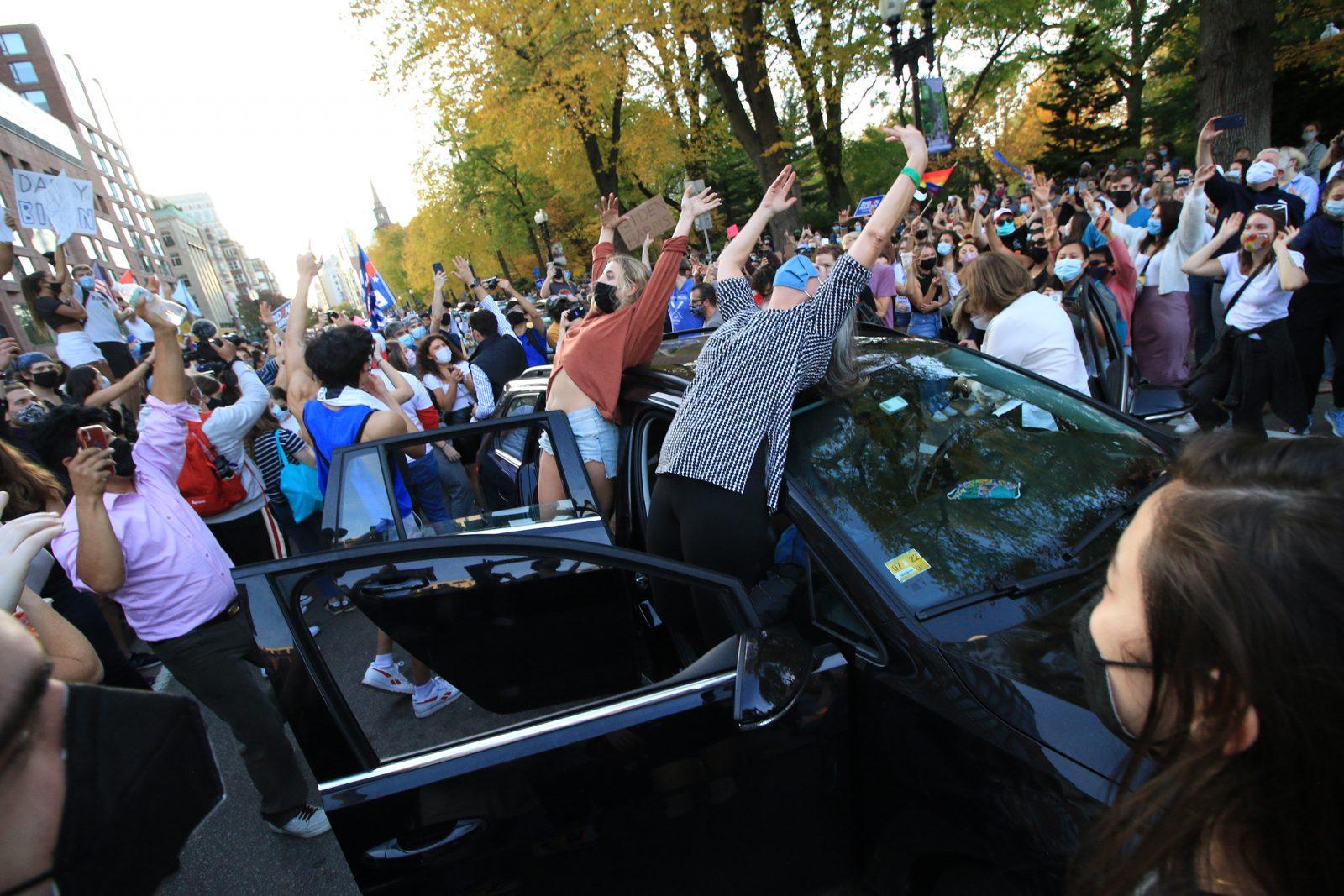Senate candidates Scott Brown and Elizabeth Warren disputed each other’s approach to foreign affairs and jobs in their second televised debate Monday night.
Democratic Senate candidate Elizabeth Warren again emphasized her Republican opponent U.S. Sen. Scott Brown’s job bill history, which Brown said was a “misrepresentation of the facts.” The candidates also confronted each other on the War in Afghanistan, taxes and immigration, along with issues related to partisanship.
“Meet the Press” anchor David Gregory moderated the hour-long debate, which was held at the University of Massachusetts Lowell in conjunction with the Boston Herald.
While character again made up the first chunk of the debate, Brown and Warren dove into prevalent issues such as tax policies, which played a large role in their discourse about job creation.
Brown told UMass Lowell senior Mary-Kate Hazel, an audience member who was selected to ask the candidates a question, that tax relief was part of his plan for job growth, citing regulatory and tax uncertainty for squashing job growth.
“People are concerned,” he said. “They don’t know what’s next. They don’t know what the tax policy’s going to be. They don’t know what new regulations are going to be imposed on them and as a result. There’s less people hiring and even looking to hire.”
Warren said although Brown portrays himself as an Independent, he stands with Republicans in tax policy, advocating tax cuts for millionaires and billionaires.
“What Sen. Brown doesn’t want to talk about is that he signed an extremist right-wing pledge never to raise taxes on millionaires and billionaires,” she said.
She said Brown voted in step with Republicans on jobs bills, which Brown denied, saying it was a “misrepresentation of the facts.”
“I’m not a student in your classroom — please let me respond,” Brown said after Warren’s objection to his statement.
Warren has repeatedly pointed out Brown’s rejection of three jobs bills in 2011, which she said would have put “paychecks in people’s hands” and was “exactly the right thing to do.”
The candidates contended further over the DREAM Act, which would give children of undocumented immigrants who fulfill certain requirements the opportunity to become U.S. citizens.
Brown called the act “a form of vector amnesty” that would move illegal citizens ahead of 4 million people who are trying to become U.S. citizens legally.
He also said Warren was not in favor of securing the nation’s borders, and the act marks a large change in opinion between the two candidates.
“Sen. Brown is right — this is a big difference between the two of us,” Warren said, adding that the country needed comprehensive immigration reform, although that means following immigration laws.
On the eve of the 11th anniversary of the War in Afghanistan, the candidates debated the war for the first time publicly. Brown, who is a colonel in the Army National Guard, said he supports President Barack Obama’s troop surge and timetable.
“Our goal is to make sure that the Taliban and Al-Qaeda do not once again join forces and then exploit terrorism around that region of the world and potentially move on Pakistan, which has nuclear weapons,” he said.
While praising the role of servicemen and women, Warren disagreed and said that the U.S. would be best served by getting out Afghanistan ahead of the President’s schedule, adding that “having unrealistic goals and spending more money is not the solution.”
The debate follows a week that saw Warren hold onto her lead in the polls, although by a smaller margin than she held prior to the first debate on Sep. 21.
Two polls show Warren leading Brown by between 4 and 5 points, but the two sets of results lie close to or within their respective margins of error.
One of those polls, from The Boston Globe, found that 12 percent of recipients chose the word “dishonest” for Warren. In comparison, 9 percent of overall respondents chose the word “dishonest” for Brown.
Warren spokeswoman Julie Edwards said the poll did not mean Brown’s attack campaign was having an effect on voters.
“Scott Brown’s desperate strategy of false, negative attacks will continue to be rejected by residents of Massachusetts,” Edwards said.
Brown’s campaign was unavailable for comment at press time.
Warren has a little more than a month until Election Day to keep a hold on her lead.
The next debate is scheduled for Oct. 10 at Springfield Symphony Hall.




















































































































